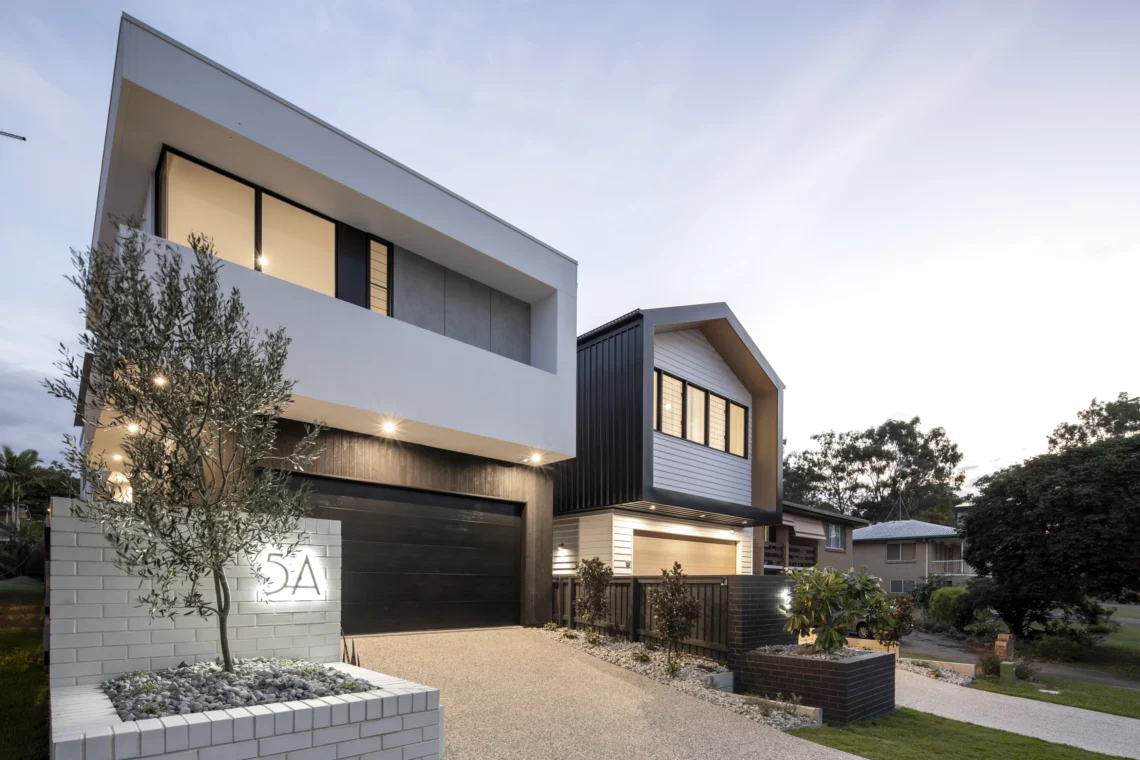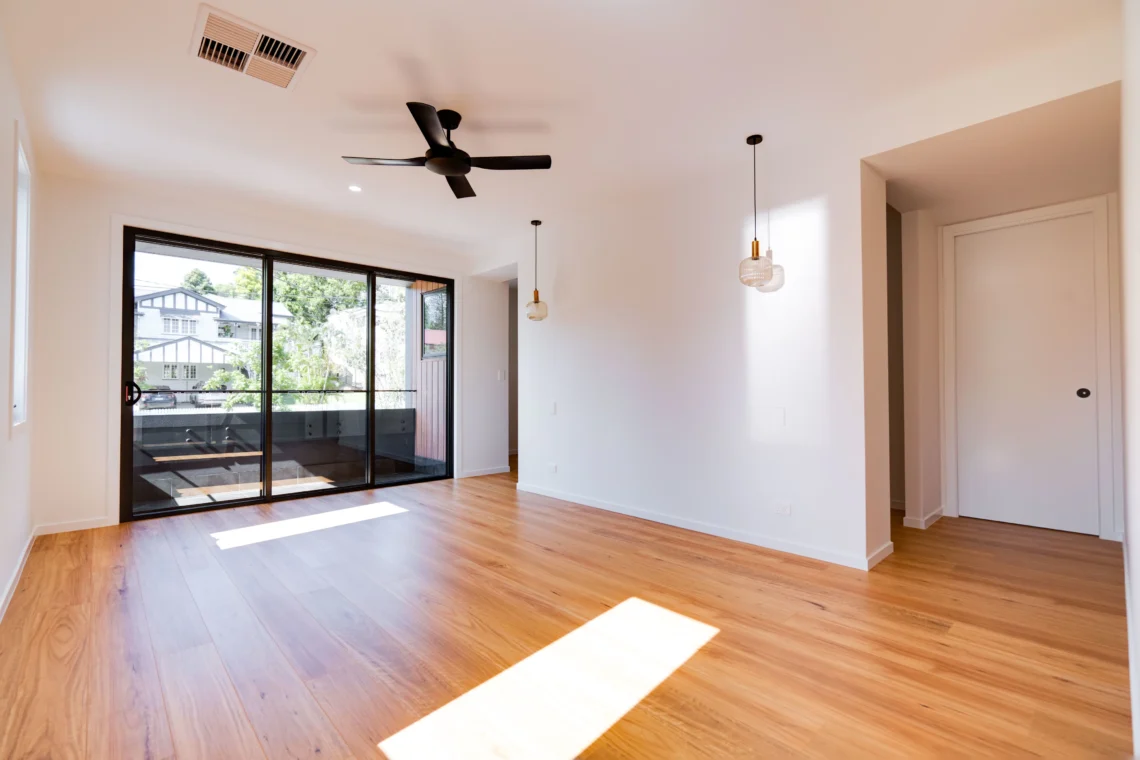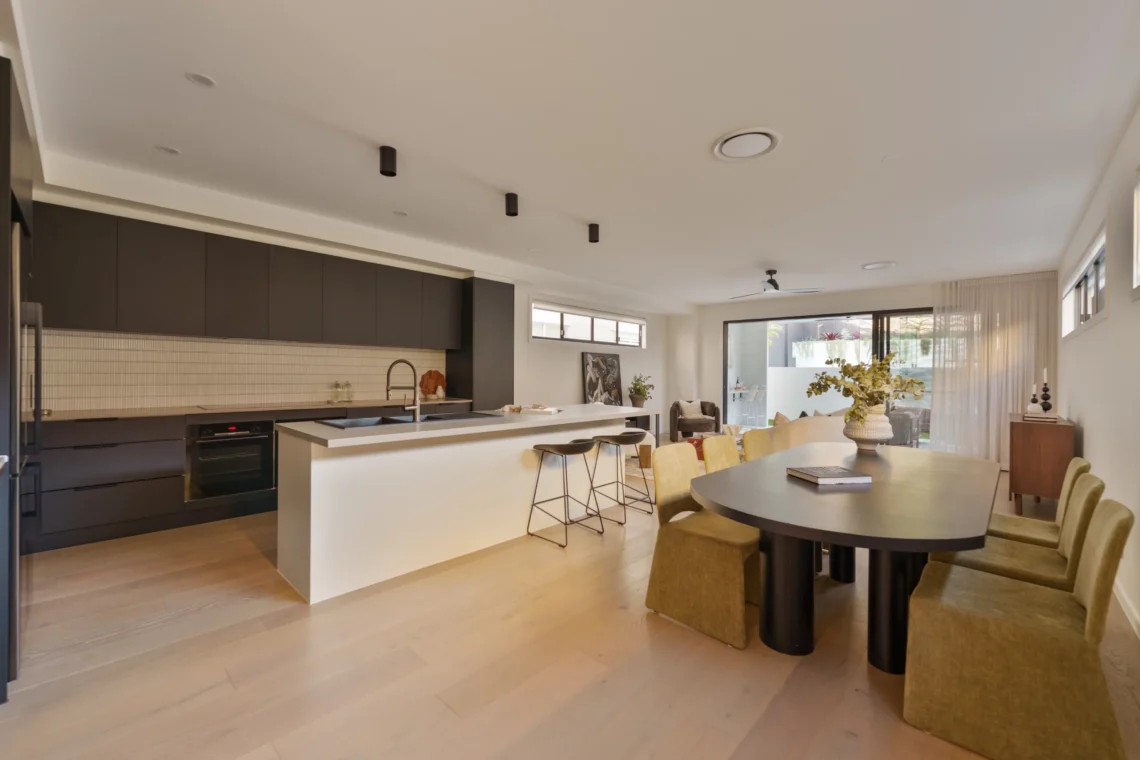So you’ve got a dream, which is to build your next Nest with everything tailored to your needs.
However, looming questions of preferences, agreements and finances loom over your judgement. What do you do? What direction are you supposed to head in? It can be difficult to see clearly when some ideas seem so limitless, yet some realities are so constricted. So, what questions should you be asking yourself?
1. Do you have the time, patience and stability to do so?
Building a house can take a lengthy amount of time, and a great deal of your life will probably revolve around it if you decide to build one. It’s a good idea to sit down and consolidate with other family members living in your household whether building is a mutual decision. Everyone in the house must be comfortable with this consensus, considering the large lifestyle and financial change.
2. Does this fit with the wants and needs of your own home?
For some, having a large lounge room is essential. For others, an entertaining patio is a must-have. Regardless, separating your “wants” from your “needs” will help you logically decide on what’s best for your home. Your expectations should match your reality, but be sure not to set them so high that it’s impossible to agree on an idea or financially support a space. With a good balance of both in mind, you’ll be able to create a sanctuary you love, containing all the necessities a home needs.
3. You’ve done your finance homework.
Even if you’ve already run the numbers and are sure you’ve got the budget for a home, it’s important to be aware of time gaps between contracts and building processes, so prices may increase. The best way to go around this is to think realistically about the cost of a new home, and create leeway in your budget for last minute changes. When choosing elements to build a home, think of elements which have realistic prices and are durable. When finding a home, think about size versus the cost, and whether it can accommodate your needs. It’s important that you have a high credit score and have paid debts to the bank; it’s more likely they will lend you money to assist with your home’s finances.
4. The idea of a new neighbourhood is exciting to you.
Finding your dream neighbourhood can be hard. It should be a place where we feel safe and comfortable. Before you even decide on building your new home, you should consider finding a neighbourhood which best suits you and others in your family. Consider choices such as the location of your home (i.e. inner-city, outbound), levels of crime rates, transport accessibility as well as local food and shopping conveniences. If you have children, you might want to consider areas with nurturing schools. Overall, that supposed “feel” of the area is what you should depend on. Your gut instincts are usually right.



